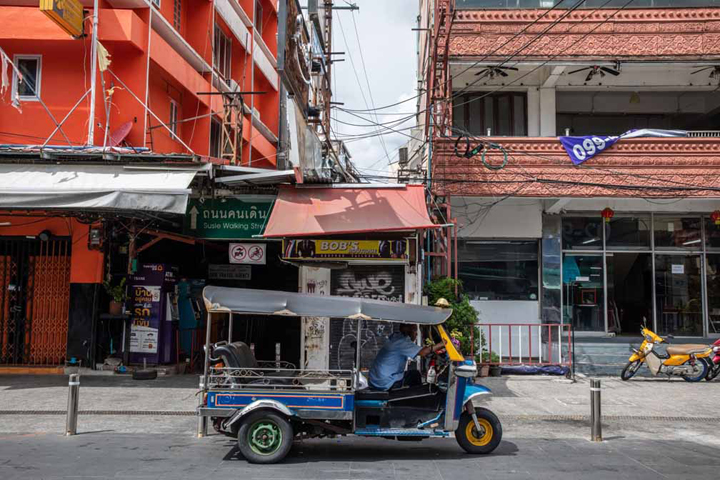
THE Philippines outranked the United States but trailed behind most of its Southeast Asian neighbors in its efforts to fight Covid-19, according to the Australia-based think tank Lowy Institute.
The Department of Health (DOH) was unfazed, however, saying the metrics used was like “comparing apples to oranges.” Still, DOH said it appreciated the value of all researches on Covid response, so the Philippines can learn from the best practices of others.
In the Covid-19 Performance Index, the Philippines ranked 79th out of 98 countries with a score of only 30.6. The United States ranked 94th with a score of only 17.3.
Vietnam ranked 2nd overall and is the highest ranked Asean country in the index followed by Thailand, which ranked 4th; Singapore, 13th; Malaysia, 16th; and Myanmar, 24th. Indonesia, meanwhile, ranked 85th in the index.
“Some countries have managed the pandemic better than others—but most countries outcompeted each other only by degrees of underperformance. The severity of the pandemic in many countries also changed significantly over time, with infections surging again in many places that had apparent success in suppressing initial outbreaks,” the Lowy Institute said. “No single type of country emerged the unanimous winner in the period examined.”
In order to measure the performance of countries, the Lowy Institute tracked six measures of Covid-19 in 98 countries that had available data.
These are confirmed cases; confirmed deaths; confirmed cases per million people; confirmed deaths per million people; confirmed cases as a proportion of tests; and tests per thousand people. The 14-day rolling averages of new daily figures were calculated for these indicators.
The average across these indicators was calculated for individual countries to produce a score from zero which meant “worst performing” to 100, which referred to “best performing.”
“Collectively, these indicators point to how well or poorly countries have managed the pandemic in the 36 weeks that followed their hundredth case of Covid-19,” the Lowy Institute said.
The country that topped the rankings was New Zealand, with a score of 94.4, followed by Vietnam with a score of 90.8; Taiwan, 86.4; Thailand, 84.2; and Cyprus, 83.3.
The top 10 in the index were completed by Rwanda with a score of 80.8; Iceland, 80.1; Australia, 77.9; Latvia, 77.5; and Sri Lanka, 76.8.
Those at the bottom 10 of the index were Brazil, which ranked 98th overall with a score of 4.3; Mexico, 6.5; Colombia, 7.7; Iran, 15.9; and the United States.
The bottom of the index also included Bolivia with a score of 18.9; Panama, 19.7; Oman, 20.3; Ukraine, 20.7; and Chile, 22.
‘Apples to oranges’
Despite being ranked 79th out of 98 countries in terms of Covid-19 response by Australia’s leading independent international policy think tank, the Department of Health was unfazed, saying, “We can’t be comparing apples to oranges.”
Sought for a reaction, the DOH said it welcomes all research on Covid-19 and “the opportunities to learn from good practices of other countries.”
“Please note that the pandemic is very dynamic, and the capture of proper context is crucial in assessing the performance of a country,” the DOH said.
The DOH added, “Usual issues in any measurement across different contexts include the difficulties in choosing what components should be measured, which indicator best represents that component, transforming and comparing data from different sources/ definitions/ interpretations across countries, and the very unique environmental or historical influences that affect overall performance. We can’t be comparing apples to oranges.”
The DOH explained: “If you look at their methodology—the measures they used did not capture the complex nature of pandemic response; for example, how quickly a country initiates contact tracing, readiness of health facilities to address the surges, etc.”
“The indicators of performance used by the Philippines are multidimensional, with both strategic and operational indicators of health and economic performance and across the Prevent-Detect-Isolate-Test-Treat strategies.”
Nonetheless, the DOH vowed to continue to improve its response and increase its capacities, “not just for this pandemic, but as we endeavor to achieve Universal Health Care and deliver health for all.”
As of January 28, the DOH logged an additional 1,169 Covid-19 cases, bringing the total number of infections in the country to 519,575.
Of the total number of infections, 6.4 percent (33,427) are active, 91.5 percent (475,596) have recovered, and 2.03 percent (10,552) have died.
